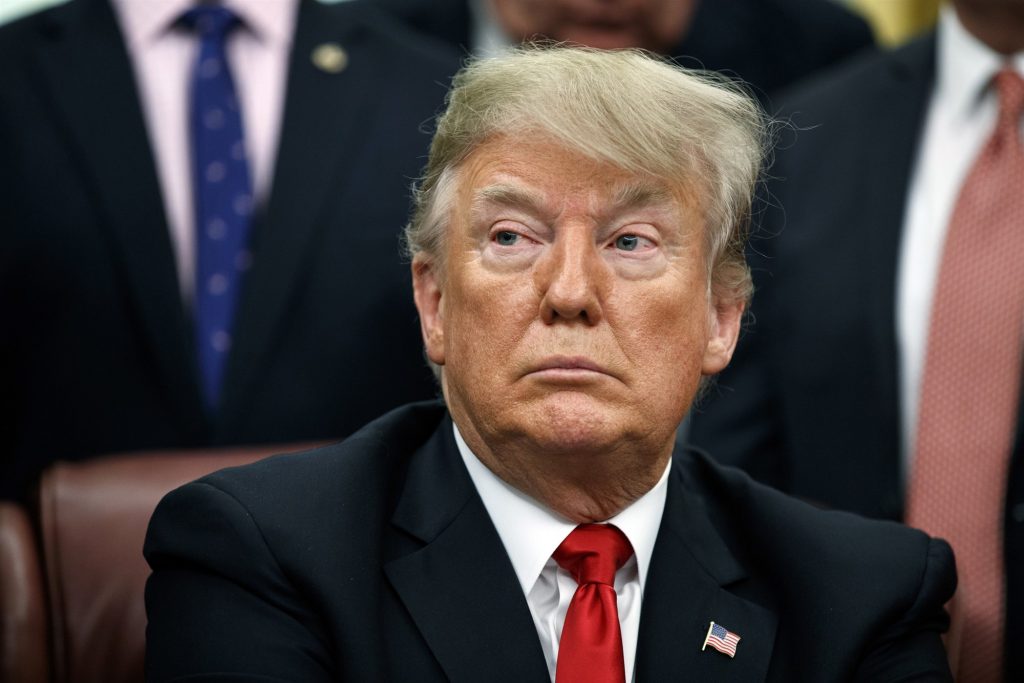Image Credits: Evan Vucci / AP.
Ezra Klein is obviously correct when he says that Donald Trump chose the wrong strategy for getting his Mexican wall built. The more he made it a priority and a matter of prestige for himself, they more incentivized the Democrats became to oppose it all costs. This isn’t unusual. President Obama discovered that the best way to get legislation through a Republican Congress was to keep his mouth shut and his fingerprints hidden. Ezra goes on to advise Trump on how he could shift his strategy going forward, but it’s too late for that and Trump would never follow that advice on the wall or anything else.
Even so, he still might have a chance to pass one piece of important legislation through this Congress. To do it, he’d have to quietly have his legislative aides sit down with Rep. Pete DeFazio of Oregon who chairs the House Transportation Committee. If they could hammer out a plan for an infrastructure bill, it might just pass. To increase his chances, though, he’d be well-advised to not mention it in any eventual State of the Union address he might deliver. Klein makes this clear by looking at the research of political scientist Frances Lee:
The key to understanding the powers and limits of presidential persuasion, Lee writes, is that presidential leadership “tends to increase cohesion within both major parties and to exacerbate conflict between them.” That is to say, the president taking a position on an issue tends to rally his own side to the cause and polarize the other side against it.
Lee shows this in a novel way. Using a data set of congressional votes on issues that have no clear ideological content, she shows that if a president takes a position on those issues, the chances of a party-line vote skyrockets. Indeed, whether an issue gets onto the president’s agenda is “one of the best predictors of the overall level of partisanship, with party polarization increasing by fully 34 percent when presidents highlight them in their State of the Union addresses.”
The Democrats have no incentive to give Trump a big legislative win that he can use to argue for his effectiveness as a leader. If he starts demanding an infrastructure bill, the Democrats will probably decide that it’s not in their interests to cooperate. Yet, the Democrats actually do want to pass a big infrastructure bill, provided that they see it as at least decent policy and good politics. The way for Trump to maximize his chances is to let it be DeFazio’s bill.
One good precedent Trump could look at is Ronald Reagan’s tax reform bill of 1986. That bill is still associated with Democratic Senator Bill Bradley of New Jersey. It wasn’t the kind of bill a Republican would have written, but it never would have passed without Democratic votes. Bradley got most of the glory in that instance, but Reagan still got credit.
But when has Trump ever been willing to play second fiddle in order to get something done?
